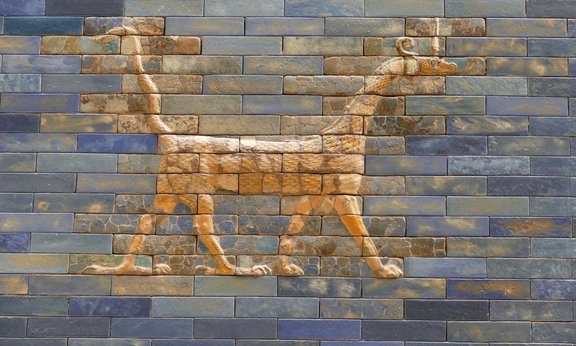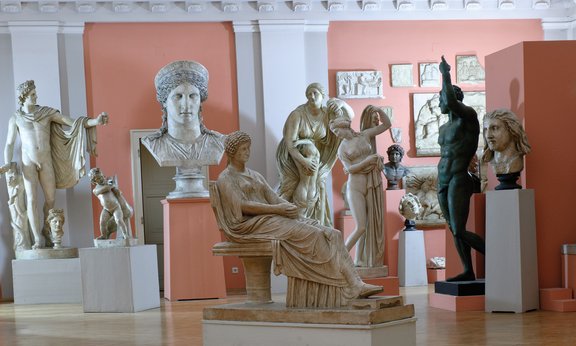Master’s Programme Translation Studies
Would you like to master translation technologies, understand the principles of terminology science and practise simultaneous and consecutive interpreting?
The Master’s Degree Programme in Translation Studies builds on the field specific competencies students gained in the Bachelor’s degree programme. The graduate students acquire knowledge in translation theory and professional knowledge in three different areas of specialisation (translation and translation technology, literary and audiovisual translation and theory and practice of conference interpreting) as well as technical knowledge and skills required for working as highly qualified translators and interpreters.
Please note: the language of instruction for this programme is German.
Study Code
UC 061
All studiesStudent advisory serviceMinorSupplementary Programme
FAQ
The graduates have highly specialised knowledge in the respective areas of the study programme. They are able to demonstrate their competence in the fields of technical language translation or literary and media translation or simultaneous and consecutive interpreting through scientific correct formulation and argumentation and innovative problem solving. Moreover, the graduates of the Master’s Programme in Translation Studies are prepared for lifelong independent learning to be able to open up new areas and fields of activity in intercultural communication and translation in the future. The Master’s Programme in Translation Studies is science-orientated and is the foundation for a postgraduate doctoral study programme.
The Master’s Programme in Translation Studies builds on the skills acquired in a Bachelor’s Programme in Translation Studies and offers three options for specialisation:
- Technical translation and translation technology
- Literary and audio-visual translation
- Theory and practice of conference interpreting
Graduates of the Master’s Programme in Translation Studies have in-depth practical experience and competences and are qualified for the following occupational fields according to their expertise of specialisation chosen:
- freelance career as a specialist translator, literary translator or conference interpreter
- language mediating work in supranational political organisations, authorities, internationally acting companies, cultural institutions (literary or scientific publishing houses), in the media industry (radio, TV, film production companies) or in advertising agencies
- adult education, e.g. communication and intercultural advising or foreign language teaching
- academic work at (national and international) universities, universities of applied science and research institutions
- Moreover, the graduates of the Master’s Programme in Translation Studies are prepared for lifelong independent learning to be able to open up new areas and fields of activity in intercultural communication and translation in the future.
Graduates tracking: Shows which occupational fields students enter after graduation
Doctoral Programmes
More offers
Faculty of Language, Literature and Culture Department of Translation Studies Examination Office Information for students with disabilities
Curriculum
From the field
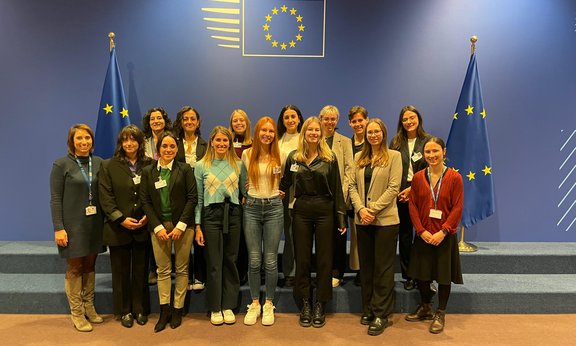
Zwischen Frites & Fachterminologie – Study Visit in Brüssel
775 km Zugstrecke, 31 km Fußmarsch, ein vierstöckiges Appartement, sieben besuchte Sehenswürdigkeiten, zwölf wissbegierige Studentinnen, vier Sicherheitskontrollen, drei Sitzungssäle, drei Portionen Frites Belges und viele aufschlussreiche Gespräche mit Beamtinnen – das war der Study Visit des Instituts für Translationswissenschaft (INTRAWI) zum SCIC in Brüssel im November 2023.

Popsong-Übersetzung und Phonomusicology am INTRAWI
Am 11.01.2024 hat Christina Richter Ibáñez der Universität Frankfurt am Main am Institut für Translationswissenschaft (INTRAWI) einen Online-Vortrag zum Thema „Popsong-Übersetzung und Phonomusicology: Strategien und Klanganalyse“ gehalten. Der Vortrag war Teil der Ringvorlesung Musik – Sprache –Translation von Ass.-Prof. Dr. Marco Agnetta.
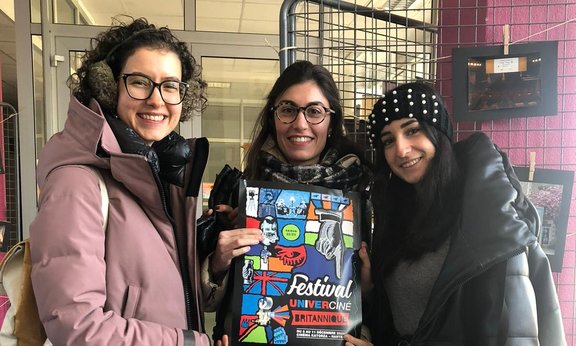
EUniverCiné in Nantes
Startschuss für das zweijährige Erasmus+-Projekt EUniverCiné, das von der Italianistik der Universität Nantes initiiert wurde und an dem neben der Innsbrucker Romanistik (Evelyn Ferrari und Sabine Schrader) und der Translationswissenschaft (Marco Agnetta) FilmwissenschaftlerInnen und ItalianistInnen der Universitäten Perugia Stranieri, Banja Luka, Genua und Roma La Sapienza beteiligt sind.
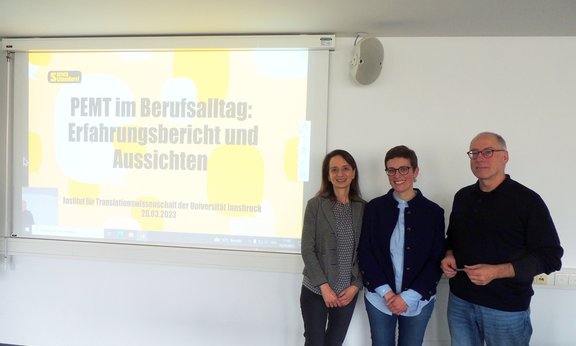
Ist Post-Editing (PEMT) die Zukunft des ÜbersetzerInnenberufes?
Am 20. März 2023 fanden am Institut für Translationswissenschaft (INTRAWI) Gastvorträge zum Thema Post-Editing of Machine Translation mit Cristina Plaza-Lara von der Universität Málaga und Sara Grizzo aus München statt.
Related studies

English and American Studies (Master)
Master of Arts

Educational Sciences (Master)
Master of Arts

Romance Studies (Master)
Master of Arts



